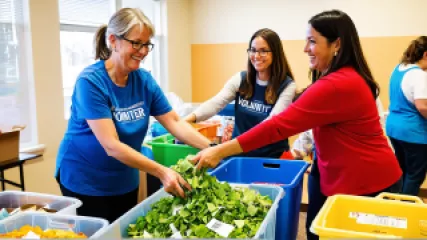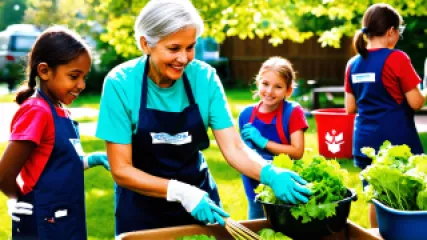The Best Self-Care Therapy Sessions for Your Well-Being
1 year ago
Self Care
Exploring the Benefits of Alternative Therapies: An Interview with a Holistic Wellness Expert
1 year ago
Alternative Therapies
10 Proven Strategies to Overcome Shyness in Virtual Therapy
1 year ago
Overcoming Shyness
7 Proven Steps to Boost Creativity for Therapists Working with Creative Individuals
1 year ago
Fostering Creativity
My Transformative Journey: How Volunteering Uplifted My Mental Well-Being
1 year ago
Impact of Volunteering on Mood
Exploring the Power of Virtual Narrative Therapy Sessions
1 year ago
Narrative Therapy
Emotional Wellness Strategies: A Research-Backed Approach
1 year ago
Emotional Wellness Strategies
A Comprehensive Guide to Overcoming Childhood Trauma
1 year ago
Childhood Trauma
5 Inspiring Lessons from Forrest Gump to Boost Your Volunteering Journey
1 year ago
Volunteering Benefits
How Volunteering Boosts Your Psychological Well-Being: An Interview with a Mental Health Expert
1 year ago
Impact of Volunteering on Mood
10 Strategies to Overcome Disappointment and Build Resilience
1 year ago
Dealing with Disappointment
Improving Mental Health: Understanding Resistance Through an Expert Interview
1 year ago
Understanding Resistance
My Journey Discovering My Queer Identity
1 year ago
Sexual Orientation
10 Proven Self-Help Tips for Managing Depression
1 year ago
Depression Self Help
Strategies for Coping with Envy: A Research Summary
1 year ago
Dealing with Envy














